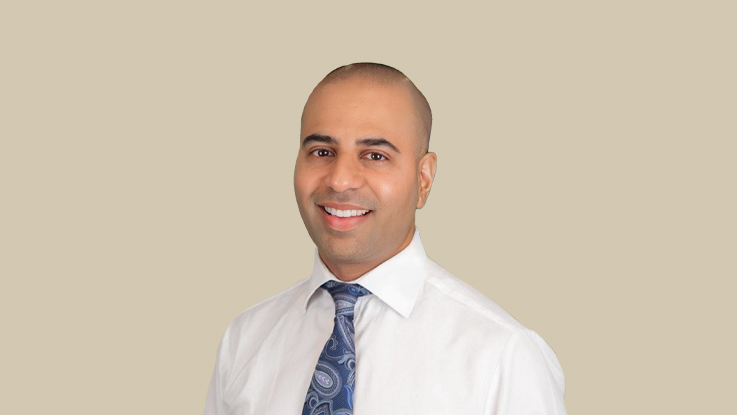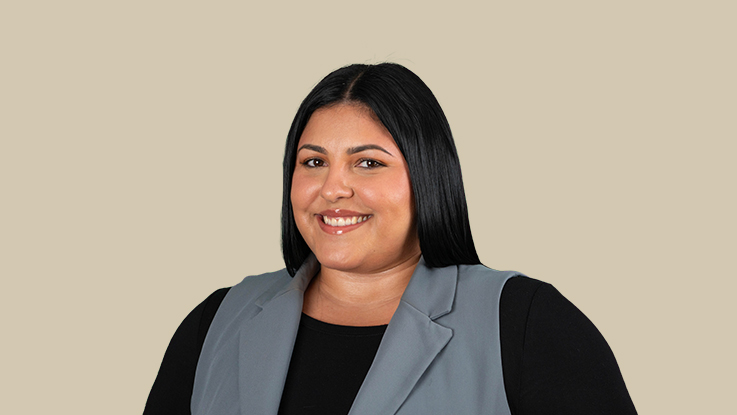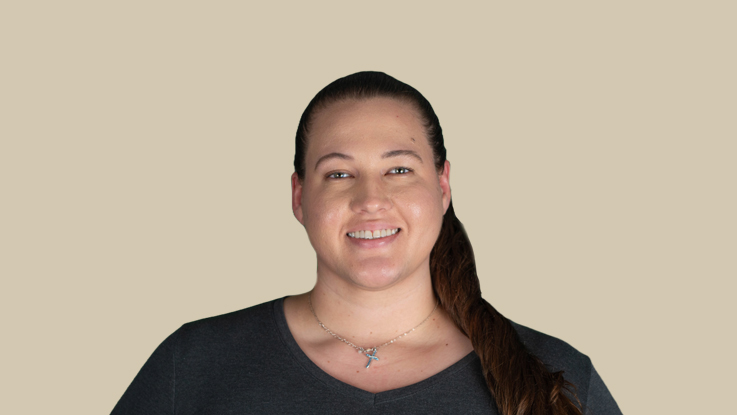Relapse prevention is a critical component of mental health and addiction treatment. It is a therapeutic approach that teaches individuals how to anticipate and cope with potential relapse.
What is Relapse Prevention Program
Relapse prevention is a cognitive-behavioral approach with the goal of identifying and preventing high-risk situations such as substance abuse and severe mental illness. It is a strategy that helps individuals maintain their recovery and prevent a return to old habits and behaviors.
Relapse prevention programs are designed to help individuals understand that relapse is a process, it’s not an event. Through these programs, individuals learn to recognize the early signs of relapse and take steps to prevent it from happening.
The Importance of Relapse Prevention
Relapse prevention is crucial in the journey of recovery. It not only helps individuals stay on track but also reduces the risk of a severe relapse. It provides individuals with the tools and strategies they need to cope with triggers and high-risk situations.
Furthermore, relapse prevention programs can help individuals develop a healthier lifestyle, improve their problem-solving skills, and enhance their overall quality of life.
Components of a Relapse Prevention Program
A comprehensive relapse prevention program includes several components. Each component plays a vital role in helping individuals maintain their recovery and prevent relapse.
Here are some of the the key components of a relapse prevention program.
Education
Education is a critical component of relapse prevention. It helps individuals understand the nature of their addiction or mental health condition, the process of recovery, and the risk of relapse.
Through education, individuals can learn about the triggers that can lead to relapse, the strategies to cope with these triggers, and the importance of maintaining a healthy lifestyle.
Skills Training
Skills training is another essential component of relapse prevention. It involves teaching individuals various coping strategies to deal with high-risk situations.
These strategies can include stress management techniques, problem-solving skills, and cognitive-behavioral techniques. Skills training can empower individuals to take control of their recovery and prevent relapse.

Support Groups
Support groups provide a safe and supportive environment for individuals to share their experiences, learn from others, and receive emotional support. They play a crucial role in relapse prevention by providing ongoing support and encouragement.
Participating in support groups can help individuals feel less isolated, improve their coping skills, and boost their motivation to stay in recovery.
Implementing a Relapse Prevention Program
Implementing a relapse prevention program requires careful planning and execution. It involves several steps, each of which is crucial to the success of the program.
Here are the key steps to implement a relapse prevention program:
Assessment:
The first step is to assess the individual’s needs, strengths, and weaknesses. This can help in developing a personalized relapse prevention plan.
Education:
The next step is to educate the individual about their condition, the process of recovery, and the risk of relapse.
Skills Training:
This involves teaching the individual various coping strategies to deal with high-risk situations.
Support Groups:
Encourage the individual to participate in support groups. This can provide them with ongoing support and encouragement.
Follow-up:
Regular follow-up is essential to monitor the individual’s progress and make necessary adjustments to the plan.
Relapse Prevention Program at Compassion Behavioral Health

Relapse prevention is a critical component of mental health and addiction treatment. It involves various components such as education, skills training, and support groups.
Implementing a relapse prevention program requires careful planning and execution, but with the right approach, it can significantly reduce the risk of relapse and help individuals maintain their recovery.
If you’re ready to take the next step in your journey towards recovery and want to ensure that you have the tools to prevent relapse, Compassion Behavioral Health is here to guide you.
Our tailored programs at CBH facilities in South Florida offer the education, skills training, and support you need to maintain your mental health and sobriety. Let us be your ray of hope and partner in fostering a long-term, sustainable recovery. Call Us Today and start your path to taking back your life with the support of our dedicated team.



































